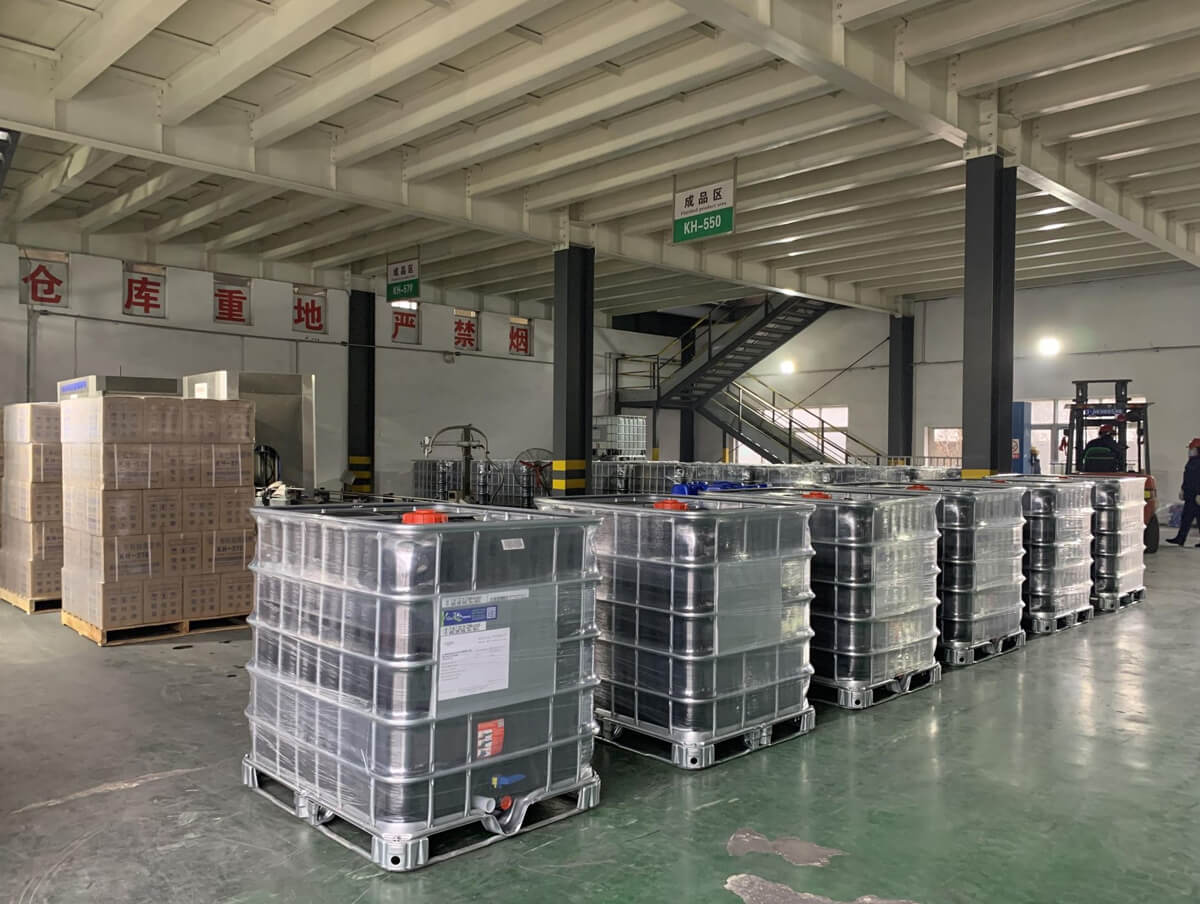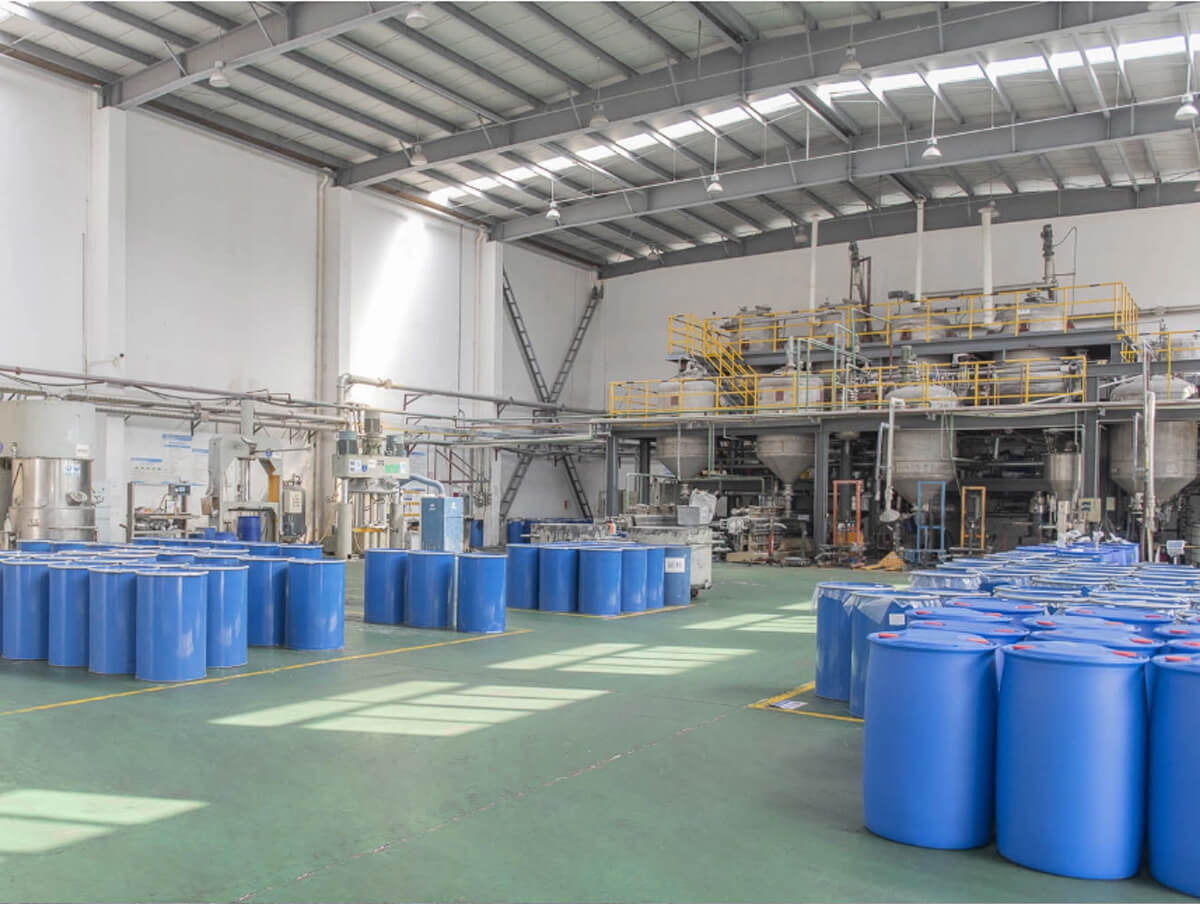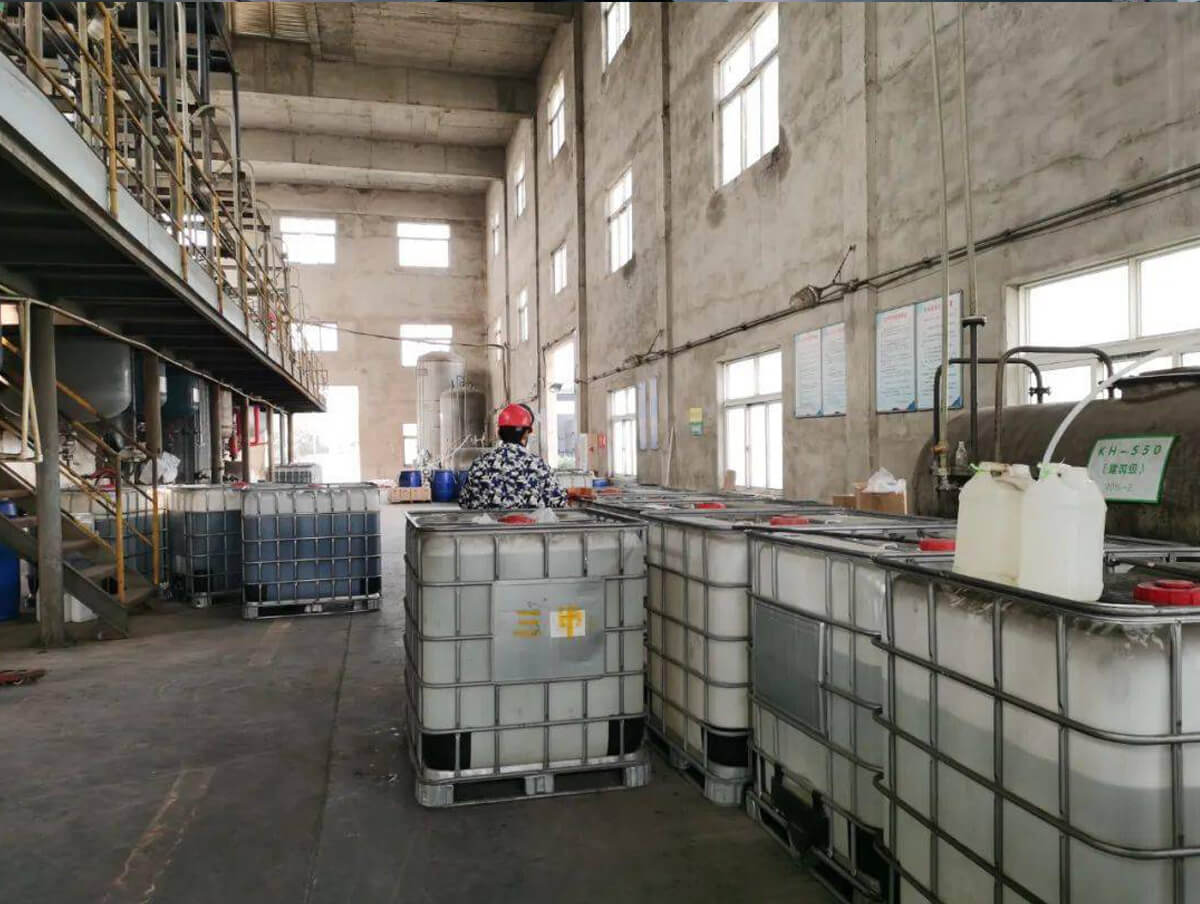Silico® Methyl Silicone Resins
Methyl Silicone Resin is a class of thermosetting organosilicon polymers based on methyl-substituted siloxane units. Engineered with a combination of M (R₃SiO₁/₂) and Q (SiO₄/₂) structural units, this resin type delivers superior heat resistance, film-forming ability, and hydrophobicity. As part of the Silico® silicone resin portfolio, methyl silicone resins are designed for use in high-performance industrial coatings, electrical insulation, release agents, and structural adhesives.
Methyl Silicone Resins Products
Features and applications methyl silicone resin
| Resin Type | Structural Features | Key Applications |
|---|---|---|
| Methyl MQ Silicone Resin | Highly branched structure composed of M and Q units, excellent film-forming ability | Coatings, electronics encapsulation, release agents |
| Methyl DT Silicone Resin | Combination of linear D units and trifunctional T units, offering flexibility | Sealants, flexible coatings |
| Methyl MDT Silicone Resin | Combination of M, D, and T units balancing rigidity and flexibility | Elastic coatings, sealing materials |
| Methyl Vinyl Silicone Resin | Contains reactive vinyl groups, suitable for crosslinking and curing | UV-curable coatings, structural adhesives |
| Methyl Hydride Silicone Resin | Contains Si-H groups ideal for hydrosilylation crosslinking reactions | Addition-cure silicone rubbers, sealants |
| Epoxy-Modified Methyl Silicone Resin | Enhanced adhesion and chemical resistance due to epoxy functional groups | Anti-corrosion coatings, electronics encapsulation |
| Acrylic-Modified Methyl Silicone Resin | Acrylic groups enable rapid UV curing and high transparency | UV-curable coatings, clear protective films |
| Fluorinated Methyl Silicone Resin | Fluorine groups provide superior anti-fouling and chemical resistance | High-performance anti-fouling coatings, self-cleaning surfaces |
| Methyl silicone resin dispersion | Liquid dispersion system, easy to paint or composite use | Spraying, dispersion system, anti-stick coating |
Summary
Methyl silicone resins primarily contain methyl substituents but encompass a wide variety of derivatives with enhanced functionality.
Classification is mainly based on substituent groups: pure methyl, methyl with functional groups, and functionalized modified types.
These resins serve critical roles across coatings, sealants, electronic encapsulation, and advanced material applications due to their diverse properties.
Methyl Silicone Resin FAQ
A: MQ resin is a subtype of methyl silicone resin built strictly from M and Q units. Broader methyl silicone resins may include additional units (D/T) or be modified for specific applications.
A: Pure MQ resins require thermal curing. UV-curable versions are available via acrylate- or vinyl-modified variants.
A: Aromatic hydrocarbons such as toluene and xylene, as well as alcohols and ketones depending on the formulation.
A: Yes. Methyl silicone resins offer superior resistance to UV, oxidation, and water, making them ideal for long-term outdoor applications.
A: Store in a cool, dry, and sealed container. Recommended shelf life is 12 months under proper storage.
Packaging Specifications

Why Choose Silico® Organsilicon?
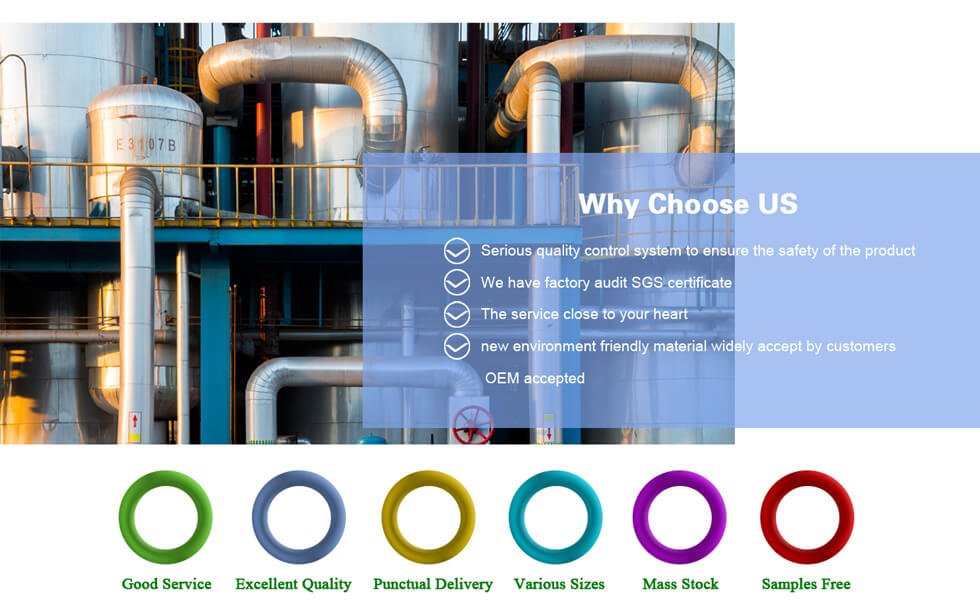
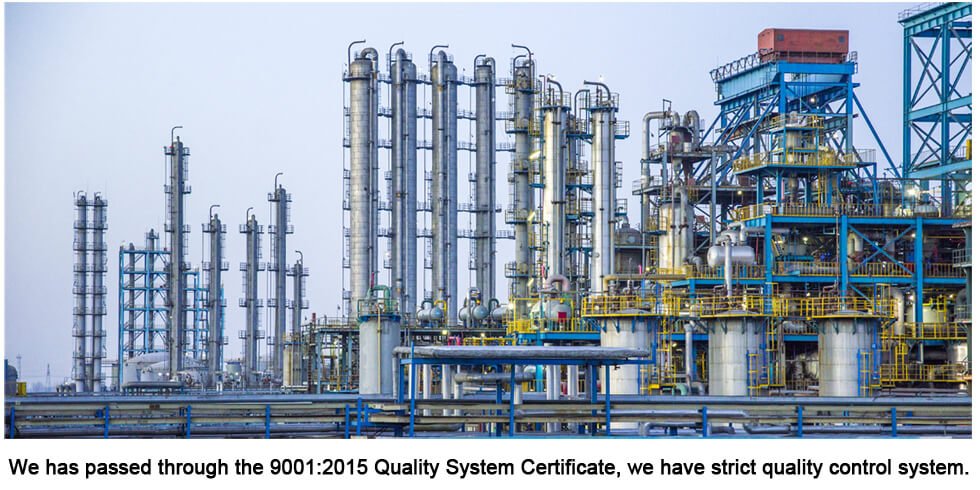

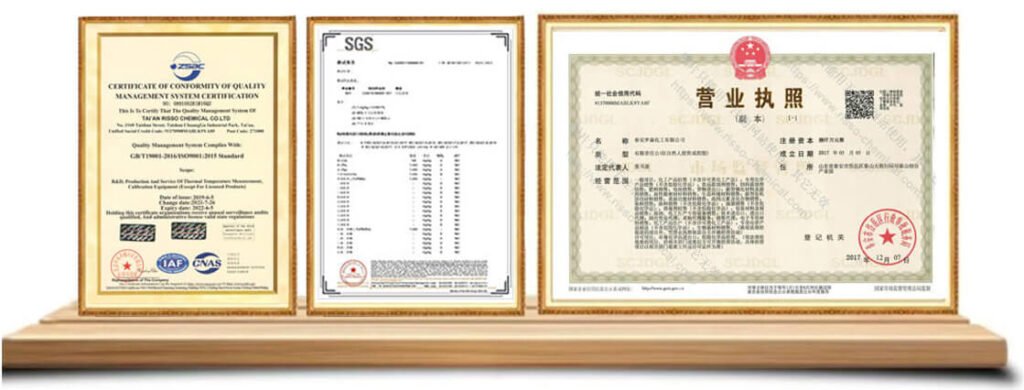
Silico® Prouducts
Get a Catalog & Best Price
- Quick and helpful reply within 24 hours;
- Tailored solutions provided for your project;
- One-stop purchasing service.
How to Choose Vinyl Silicone Oil?
When selecting vinyl silicone oil for your application, consider the following key factors to ensure optimal performance:
Viscosity: Choose based on your application—low viscosity for spreading and high viscosity for lubrication.
Vinyl Content: Adjust for desired reactivity, as the vinyl group enhances crosslinking and curing.
Temperature Stability: Ensure the oil can handle the required temperature range for your application.
Chemical Compatibility: Ensure the oil is compatible with other chemicals in your environment.
Application Type: Match the oil to your specific use, such as in silicone rubber, adhesives, or coatings.
These factors will help you select the right vinyl silicone oil for your needs.



